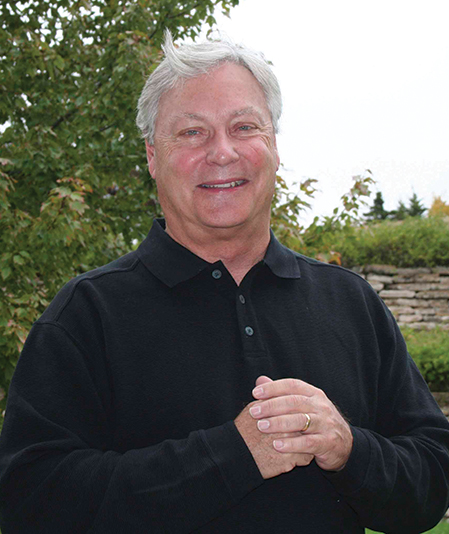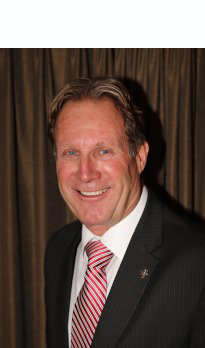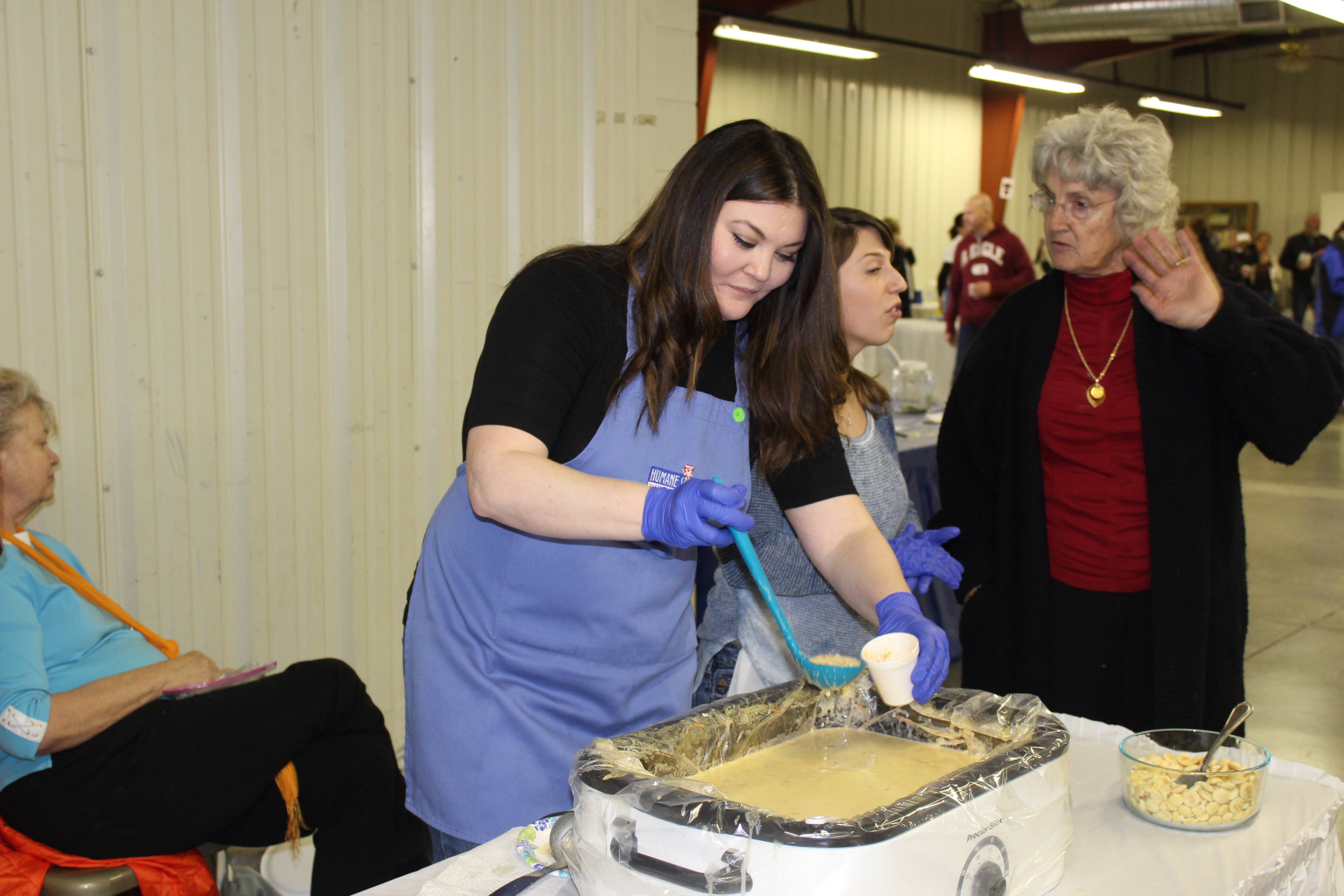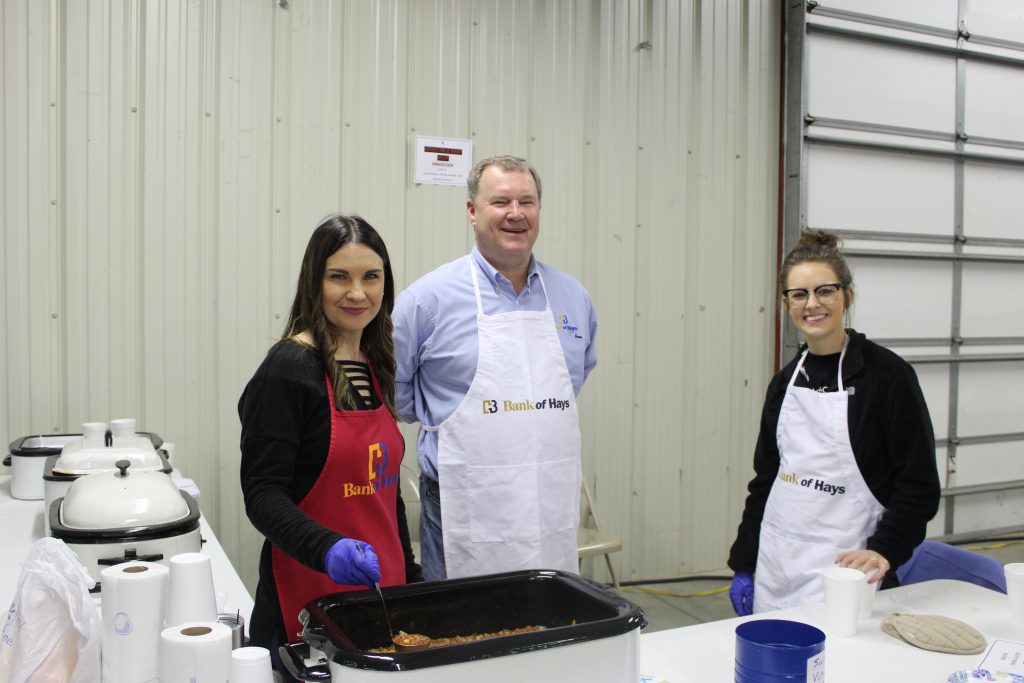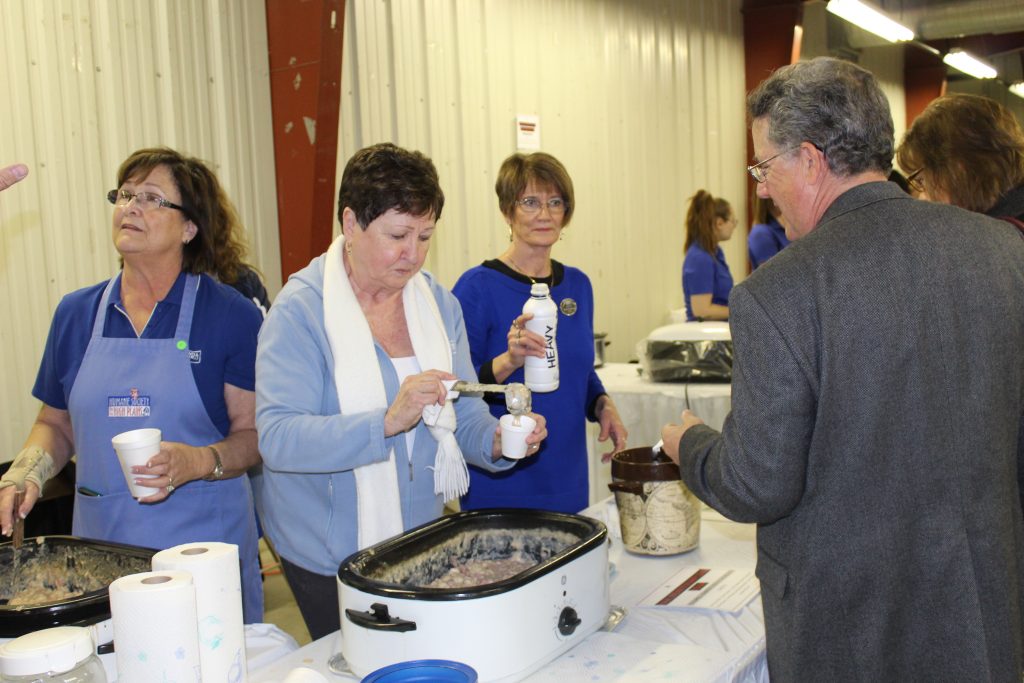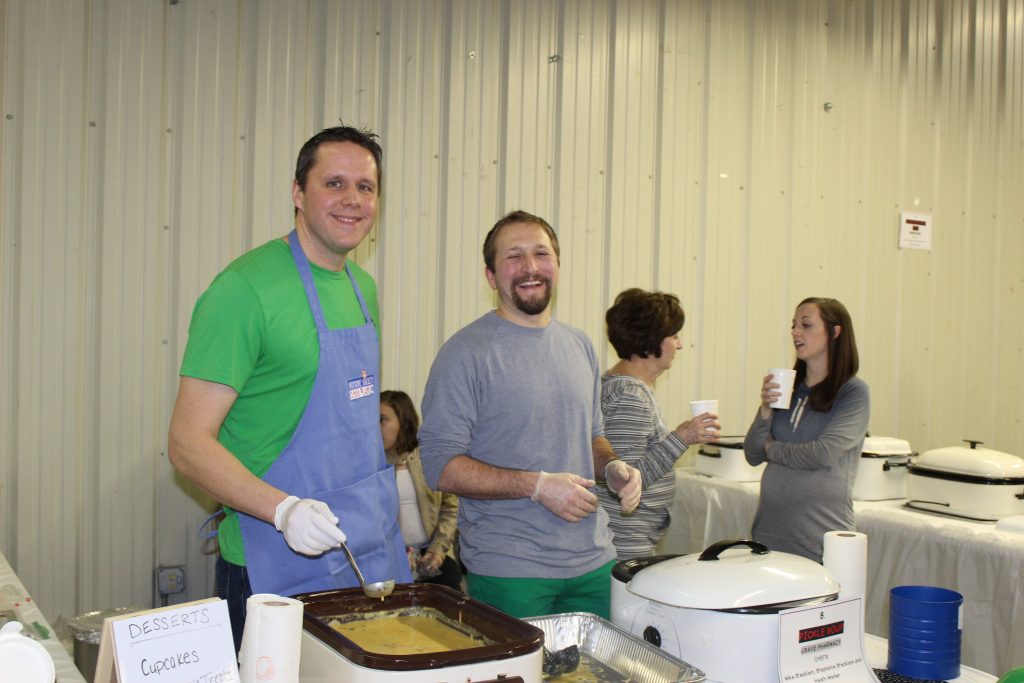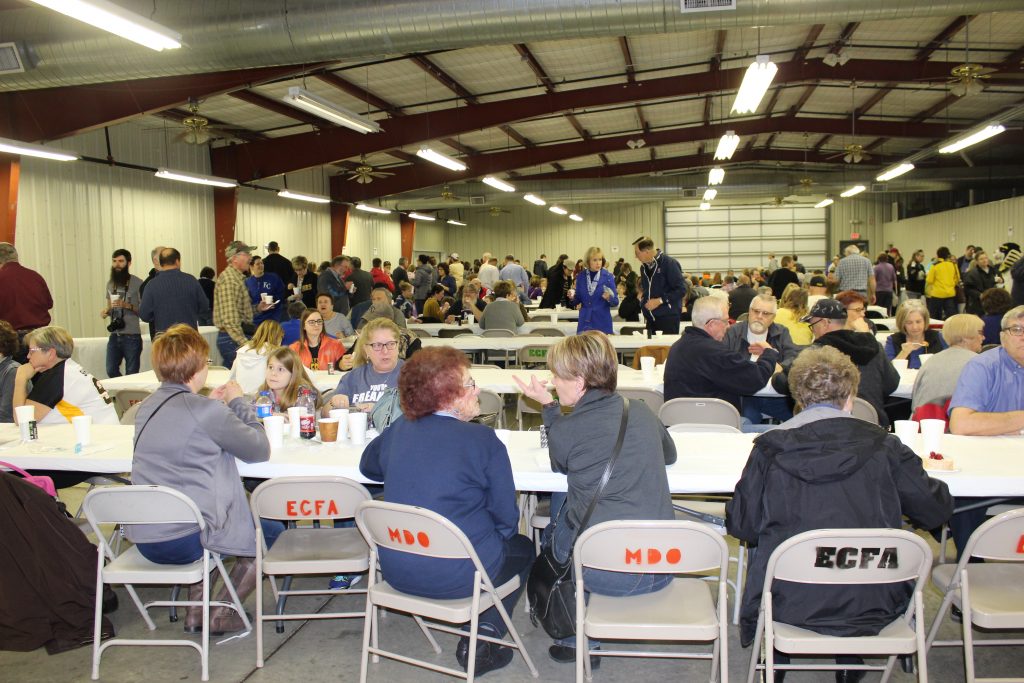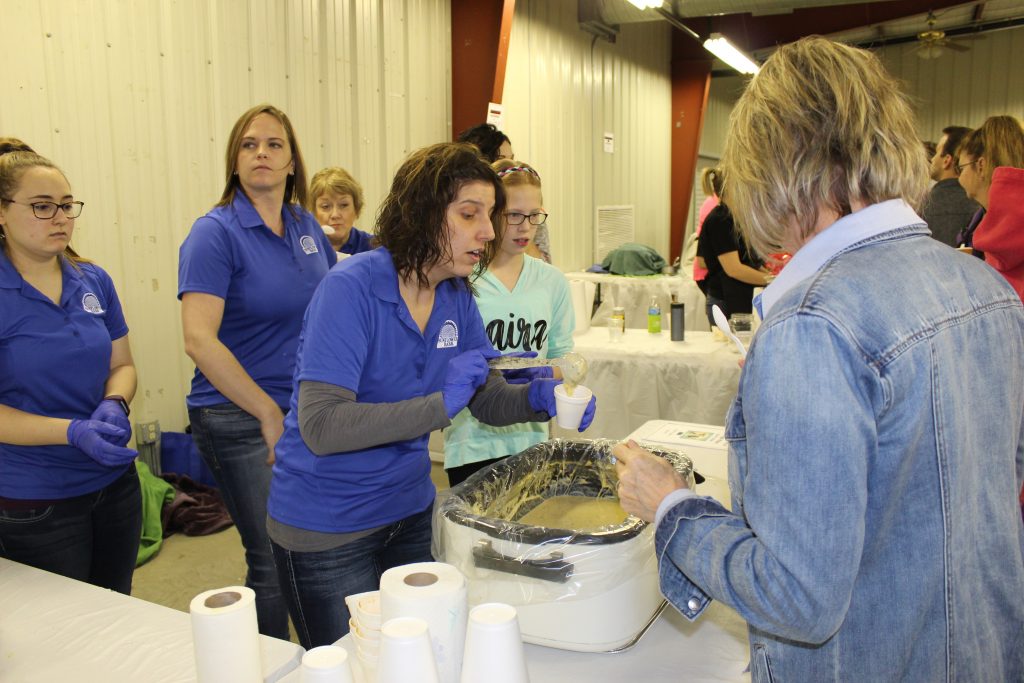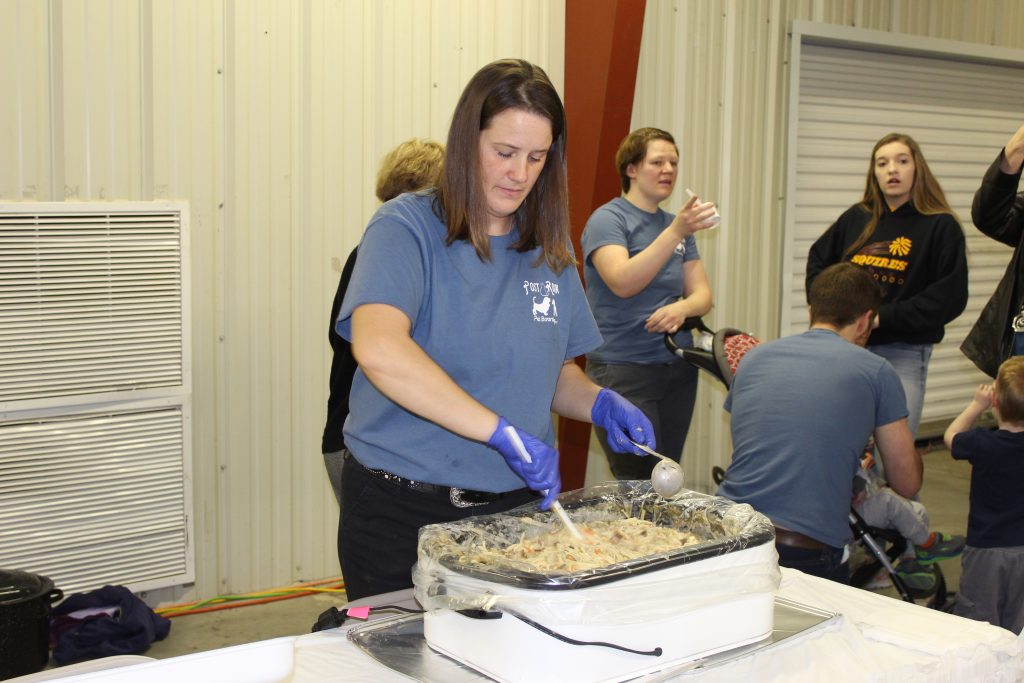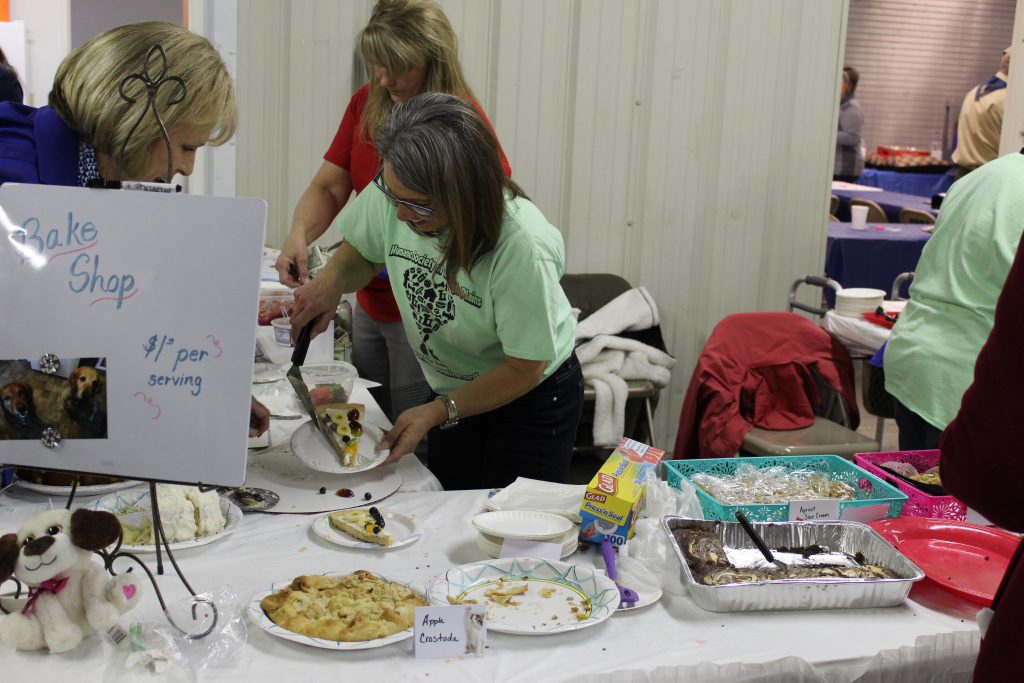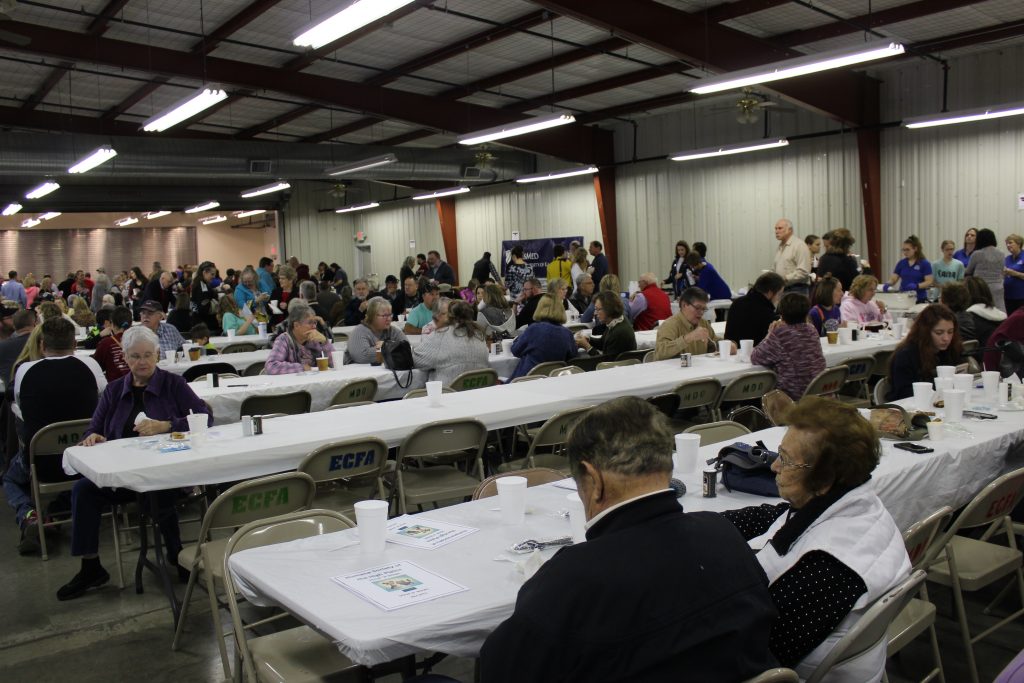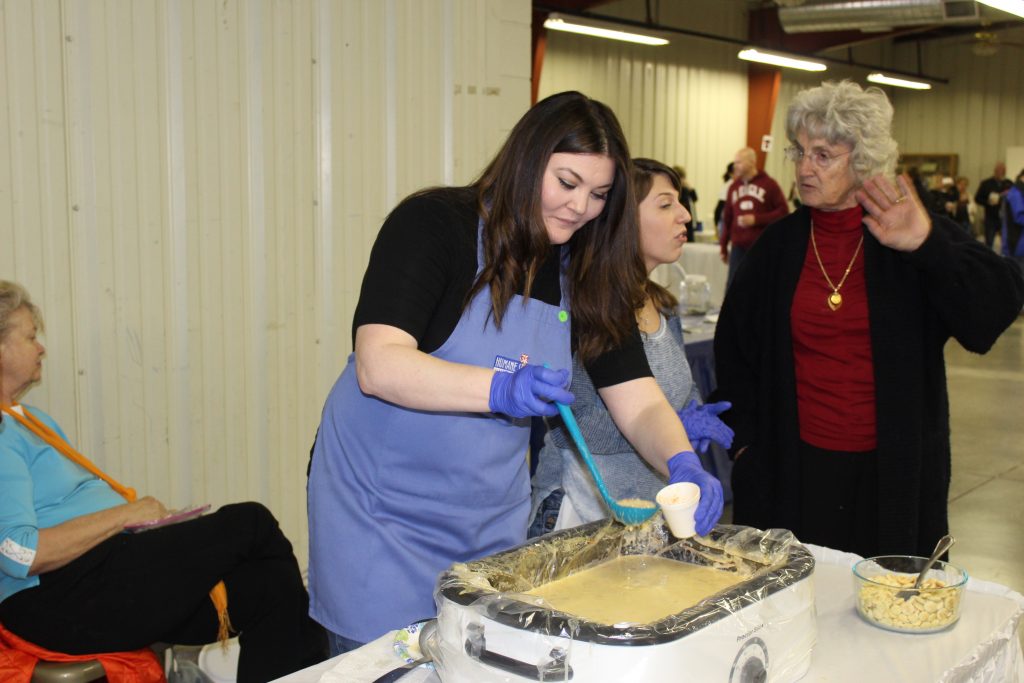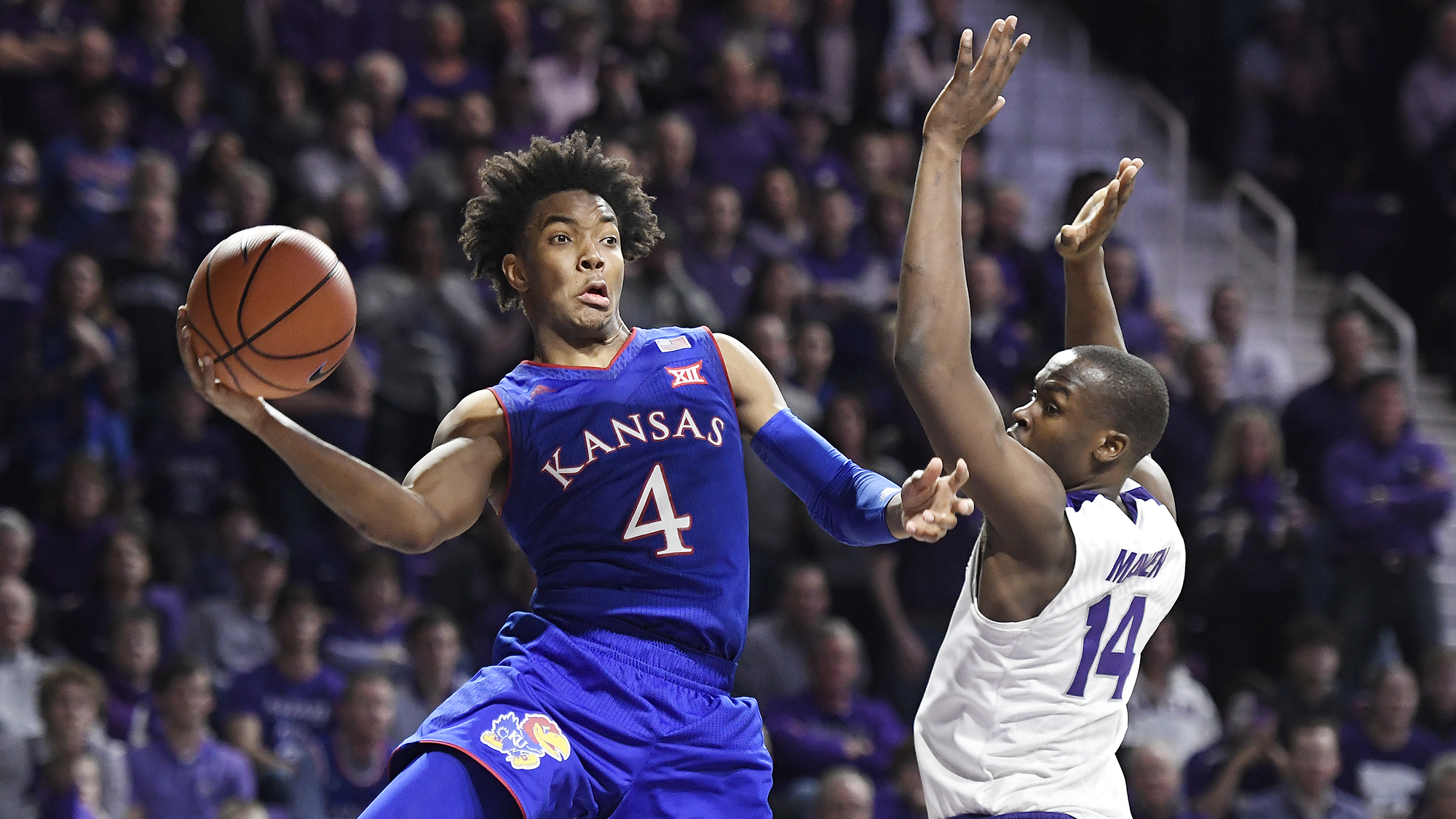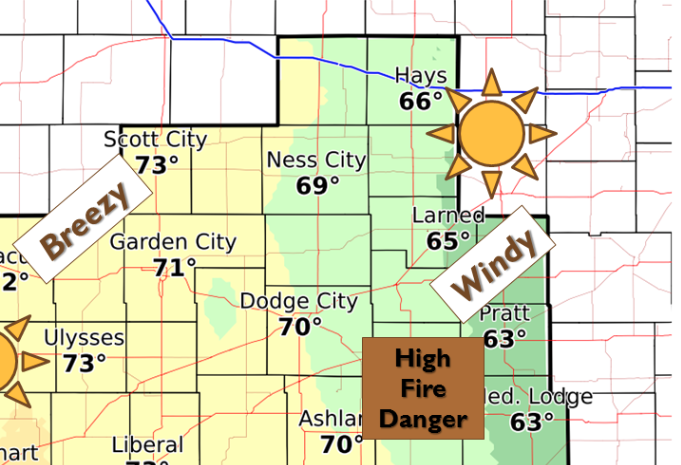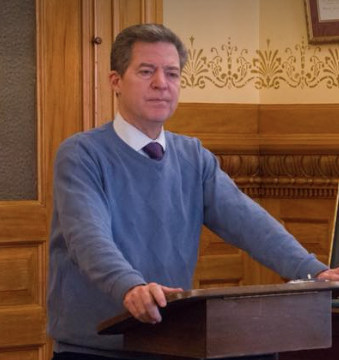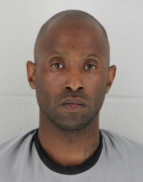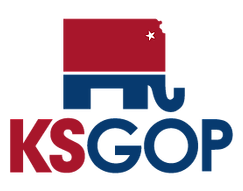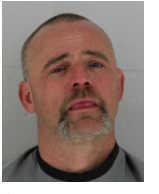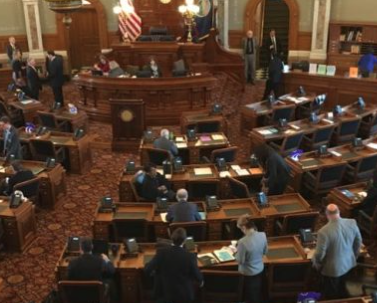
The future of U.S. agriculture remains tied to this nation’s competitiveness in world trade. Our country must become more aggressive and assume its leadership role in trade negotiations.
It’s past time for our nation’s president and congressional delegation to lead this trade train. Political posturing and lack of cooperation on both sides of the aisle hasn’t worked. Our elected leaders are sent to Washington on behalf of this nation’s people. It’s time for them to work on behalf of U.S. farmers and ranchers, manufacturing, business and every other sector throughout this great nation.
While U.S. agriculture would like to remain positive about the possibility of keeping current trade agreements viable (NAFTA) while negotiating new deals, it appears the Trump Administration has repeatedly threatened to withdraw the United States from trade agreements. He scuttled TPP during the first week of his presidency.
The president says he’s doing this to secure a better deal for workers in the United States. He’s even placed recent tariffs on U.S. trade with Canada and Mexico. This includes tariffs on Canadian paper and solar panels and washing machines from Mexico.
The Trump Administration needs to understand how important it is for U.S. agriculture to trade with our nearby partners north and south of the border, says Kansas Farm Bureau President Rich Felts. The Montgomery County farmer says it’s vital to continue trade throughout the world.
Sanctions do not work – they only hurt our nation’s ability to trade, Felts continues. Each time we impose new sanctions, we surrender yet another market to competitors who are only too willing to sell in our absence.
In the case of agriculture, if the world’s trade barriers were removed, this country could increase agricultural commodity sales. U.S. farmers could also supply the raw materials for an estimated $40 billion per year in exports of high-valued processed foods from new plants located primarily in rural areas.
“We’re at a crossroads with trade today,” Felts says. “In addition to manufacturing, U.S. trade must include and strongly support crops and livestock this nation’s farmers and ranchers produce.
“Our government must commit to becoming the best we can be in international trade,” the Montgomery County grain farmer says. “If we conducted trade the same way we produced food, we wouldn’t have trouble moving agricultural products to people who need them overseas.”
The United States has the climate, cropland and know-how to supply agricultural products to feed the nations of the hungry world. Our country has the world’s best infrastructure. We have some of the most productive farmers and ranchers on this planet.
It’s time for the political leadership of this country to view American agriculture as one of the premier growth opportunities. For far too long the east and west coasts, and its vast populations receive top billing above those who live in the Heartland. Those who supply much of the world with the healthiest, most affordable food.
For too long, agriculture has taken a back seat to other sectors of this nation’s economy. With only 1 percent of the U.S. population farming and ranching, we are often overlooked.
Remember, our entire rural economy depends on agricultural exports and farm income, Felts says. Local Kansas banks, implement dealers, grocery stores, even health services, depend on our ability to market wheat, corn, soybeans, cattle and hogs abroad.
In 2015, U.S. ag exports totaled approximately $133 billion. This amounts to 25 percent of all U.S. production of grains, feeds, livestock and horticultural products.
Incidentally, nearly half of the wheat from Kansas and other Midwestern states is exported each year.
“We must become more aggressive in conducting trade agreements,” Felts says. “The administration should assign people in our trade offices around the globe to conduct trade on this nation’s behalf.
“Our secretary of agriculture must make international trade a top priority and work it,” the Kansas Farm Bureau president says. “Without strong trade agreements that give us free access to the world marketplace, we cannot prosper in agriculture or any other business that depends so much on exports.”
While President Trump has expressed a preference for bilateral trade agreements, where’s the progress?
Negotiate trade deals beneficial for our country – don’t just talk about them.
Whether such negotiations are bilateral or multilateral should not matter. What is important is that this “business” president work out trade deals – now.
U.S. agriculture cannot afford to be placed behind other sectors of our economy when this nation trades. Agriculture’s position on the trade pecking order is breaking our back. Farm and ranch exports must be moved to the top of our U.S. trade priorities along with manufacturing.
John Schlageck, a Hoxie native, is a leading commentator on agriculture and rural Kansas.
